Much controversy has arisen over the past few days due to the hosting of a function related to Afzal Guru, tied to the broader theme of human rights and state oppression.
Before I start, let me make something clear to the typical argument spun by the media. Such an assertion would look like: “But there is a clear demarcation between criticising the government and blatantly disrespecting the nation. How is it acceptable to glorify a convicted terrorist and chant for the destruction of the nation?”
The answer is: There is something called a fair trial. Maybe one has to face trial once to be able to truly value that.
The same Afzal Guru event happened a year before. No one said anything. Now, because the main critiques of the Modi regime are coming out from JNU, the state wants to discredit JNU. The police didn’t hesitate before lathicharging our fellow students whenever they protested against anything — at UGC, Jantar Mantar, or for that matter, anywhere. They even attacked journalists and broke cameras. When the event happened this time, the police just stood there vacantly for over two hours, and let the cameras soak in the crowds and slogans. Clearly the state is up to only ‘good governance’ and ‘development’, here. This was a trap for the students. They followed the bait and the government and media pounced, clearly. I only wish some of my fellow students had seen through it in time.
The idea of the government is to let JNU stay as an island of dissent, consistently portrayed as anti-national, to justify thousands of cases of suppression of dissent by the state nationwide. It is indeed the othering of liberalism as unpatriotic.
One now has to put this event in a broader perspective and time frame. This is not the first time that the Modi government has clashed with not only the people of JNU but also the idea of JNU itself, and its democratic space. Many conflicts overlap here. It was JNU, DU and Ambedkar University Delhi (AUD) students in Delhi that occupied the University Grants Commission building and opposed the government’s fund cuts in education (that amounted to selling us out to the private sector). It was students at the forefront of the protests at the 16 December gangrape case.
It was JNU students who picked up the issue of saffron lynch mobs and Dadri. And finally, in the Rohith Vemula case, it was students all over the country that challenged the Modi government into admitting that the caste system does in fact exist! Being a central university in the national capital, with an enthusiastic and activist student society, JNU did, of course, get more exposure as the main student challenger body to the Central Government, whether it was on corruption, communalism, caste, or welfare. It is this critique they want to silence. It is also an island where the NSUI presence is negligible and the ABVP has to always function on its back foot. Perhaps with all the bad press, someone believes the political fortunes of the ABVP can be boosted, or all critiques of government policy anywhere be dismissed.
But let us not be mistaken, attacking our university (JNU) in particular is first and foremost an attack on liberalism and social scientists. The current administration has made no secret of the fact that in its eyes, social conservatives are ideal and obedient replacements for real social scientists. Rewriting history is a top priority for them, as they envision an altogether different national project than the one that had been put in place in 1947.
While communal historiography itself has older antecedents than communal school textbooks, in part due to first British rule and then a markedly secular Congress government under Nehru, RSS education and the proliferation of its institutes should be viewed as an investment into the creation of an ideologically communal commonsense that translates into a political base that can’t help but think in line with the RSS and the BJP.
It also functions as the reproductive mechanism that keeps churning out a potential cadre base and a constant minimum electoral support base – which keeps growing as the cumulative effect of more and more generations indoctrinated with the beliefs peddled by the RSS, the sanatanis and the Arya Samajis being around today than in the 1950-70s. The consequence of this educational investment is also “the communal penetration of the government, bureaucracy, police, media and even the judiciary”.
Perry Anderson, eminent historian, argues that in addition to the Hindutva ideology and its foot-soldiers, another ‘Indian ideology’ existed, which was sponsored by the Nehruvian state and endorsed by the liberal intelligentsia. He points out that when Nehru asserts the innate tolerance of Indians, he essentially means it is a Hindu trait. After all, if no one was considered an outsider, then who were we supposed to be tolerant towards? The two ideologies also seem to agree on the historic unity and territorial integrity of India. Both are, in short, to some extent tied to the nation-state project. Both mentioned traits are, it is safe to say, ‘quite modern’.
If groups of JNU students cannot come under the banner of ‘cultural’ organisations, according to Arnab Goswami (on the Newshour Debate), then I suppose we should stop calling the RSS a cultural organisation and call it what it is: a fascist private army, illegal by the Indian Constitution. There was nothing more cringeworthy than having to watch Mr Goswami put words in the mouth of the JNU student he had invited onto his show. The anchor went on to say that it was students like him who were more dangerous to the country than the Naxals!
To the people of India: Do you want a Hindu Taliban that turns India into a Hindu version of Pakistan? Pakistan is a bad place to live in for countless reasons. We have no business turning our country into something like that.
We, as Indians have Al-Jazeera, Wikileaks, and Russia Today (RT) to tell us the truth about what is happening in the US. We have our own media to tell us what the ISI is upto. The problem arises — and it is the sad truth — when we have no media to tell us what our own country is doing. The truth is that the media is not telling us that the democratic space in this country is shrinking faster than the seasons are changing.
Was it not everyone’s right to question the US government’s account of 9/11? Was that not democratic? Were all of them anti-nationals too?
That this is politics cannot be more obvious from the fact that JNU Students Union President Kanhaiya Kumar has been arrested. Eyewitnesses state that while he made speeches critical of the Modi government, it was not he who shouted the ‘anti-national’ slogans including those of ‘azaadi’ for Kashmir. Other students disown the ‘irresponsible behavior’ of some ‘radical elements’ while also being critical of the government and media overreaction. And yet the attack from both the media and the government has been on JNU and its students as a whole.
The Indian state has killed more Indian citizens than foreign troops, since independence. The case was the same during British rule. So I guess “anti-nationals” must be “purged” every now and then, for the good of the nation? Only the masters have changed.
A nation is a territory and a people. If a nation is ideas, then you know a small group decides the ideas. For example, Gandhi attempted to make “ahimsa” a national trait when it never had been, at the same time as the RSS attempted to make militarism a national trait, which again, had not been. Nations are manufactured ideas to homogenize a contemporary socio-political territorial boundary into historical geopolitical boundaries. A unified national market, is of course, the given.
What matters is whether the nation remains representative of its people or not. Our country at Independence inherited more territory than areas where the national movement was strong. On the other hand, we lost areas of strong nationalism in partition. It’s a fact and must be faced. There is no nation without a national hegemonic project. The constituent assembly wasn’t elected on universal adult franchise. 66% of our Constitution is directly lifted from the Government of India Act 1935. We need to and HAVE to adapt. Let’s face it.
The author is a research scholar in Modern and Contemporary History at Centre For Historical Studies, Jawaharlal Nehru University.


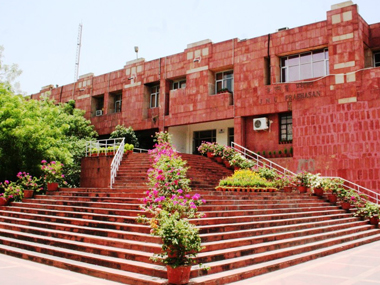)




)
)
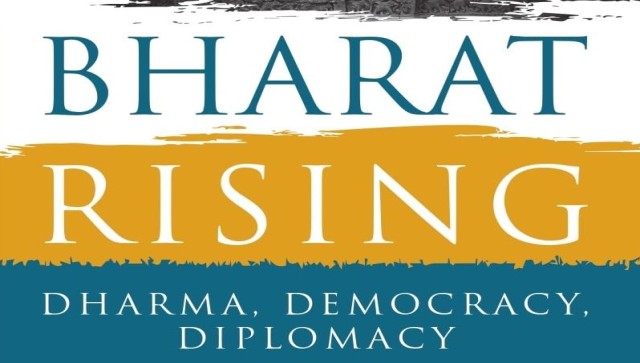)
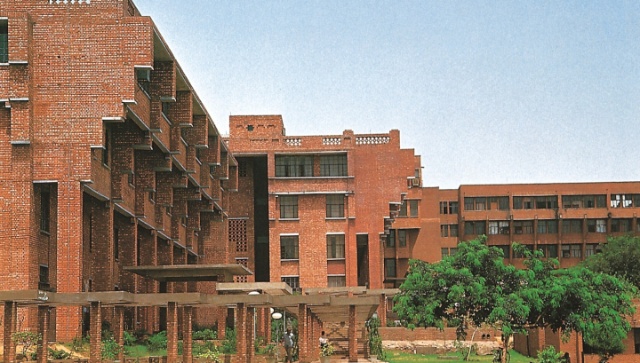)
)
)
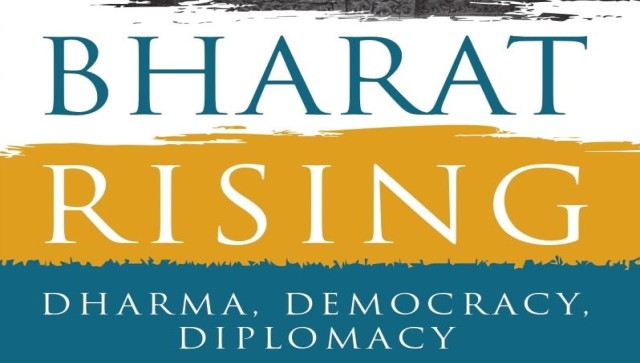)
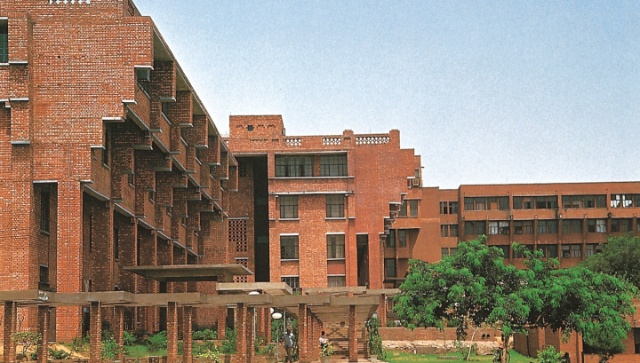)